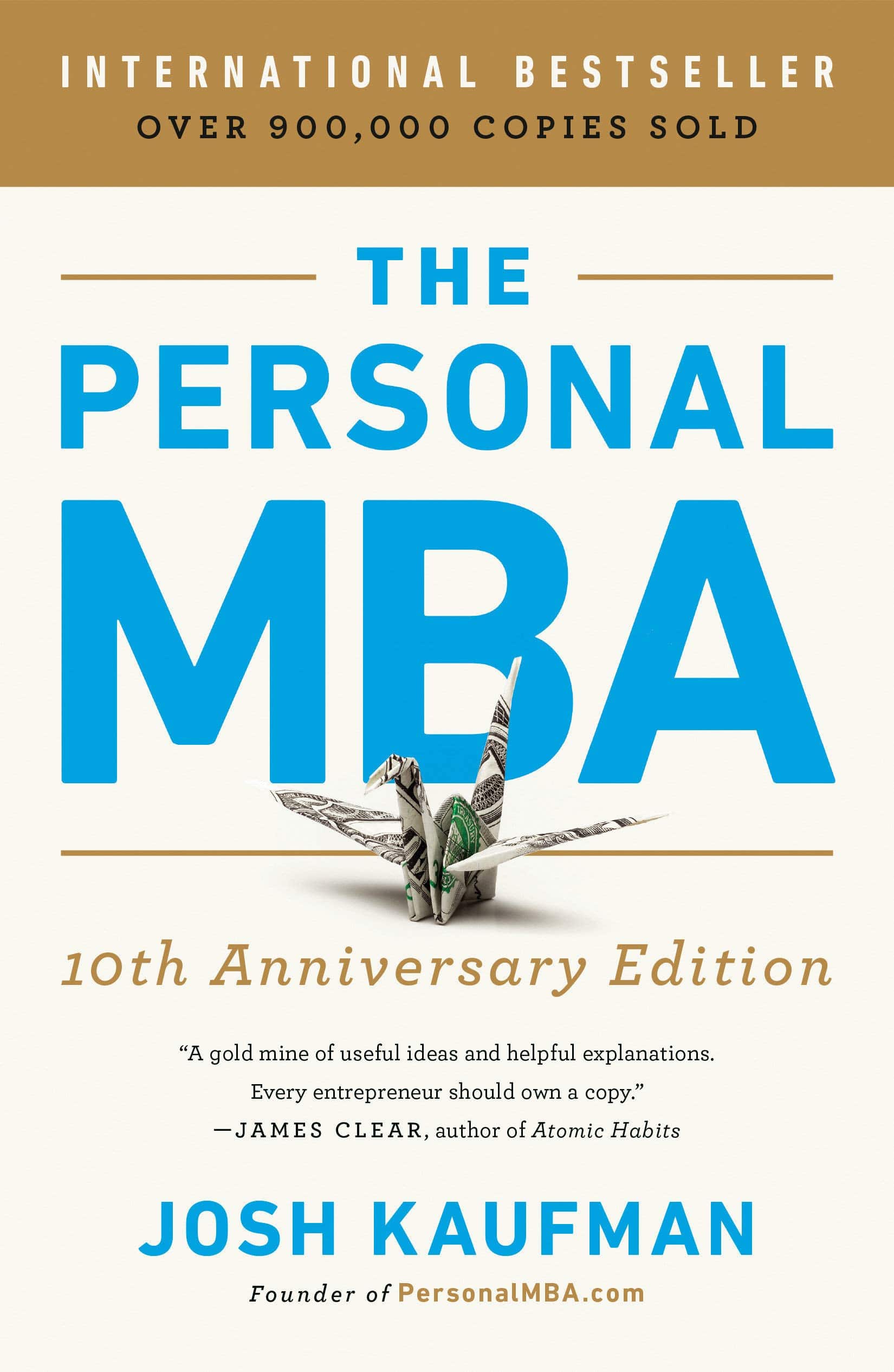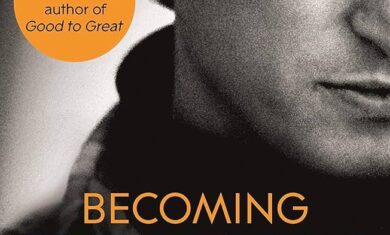The idea of a “sunk cost” has always been interesting to me. I understand it rather well, but it often feels counter-intuitive. As a result, I love finding new ways to explain it to help me widen my understanding.
If you’re not familiar with the term, Wikipedia defines it as “a cost that has already been incurred and cannot be recovered.“
In other words, if you can’t get your time or money back, then don’t factor that into your decision of whether to keep going down the path you’re on. Seth Godin puts it this way:
“The thing you earned, that you depend on, that was hard to do–it’s a gift from your former self. Just because you have a law degree, a travel agency or the ability to do calligraphy in Cyrillic doesn’t mean that your future self is obligated to accept that gift.“
You should treat things as a gift from your past self, knowing that it’s your decision to accept or reject that gift, based on your current circumstances.
In his book “The Personal MBA“, Josh Kaufman offers up this analogy:
For example, if you purchase a movie ticket, you have the ability to occupy a seat in the theater, but you don’t have to if a better opportunity presents itself. When you purchase the ticket, all you’re purchasing is the right to exercise the Option to see the movie at the time specified—nothing more.
Understood properly, sunk costs can free you from things you feel like you “need” to do. If you have tickets to a show but the weather is bad and you’re feeling sick, you don’t need to go. The common thought is “I can’t waste the $25 that I spent on these tickets”, but the $25 is gone either way. You have two options:
- The $25 is gone, and you can drag your sick self out in the weather and be miserable.
- The $25 is gone, and you can stay home, stay warm, and get some rest.
It’s a shame to waste $25 like that, but that’s irrelevant to the decision at hand. This can apply to other things like hiring (“We need to let her go, but we’ve put so much effort into training her”) or reading (“This book is awful, but I’ve already put three hours into it”), but at the end of the day you just need to decide whether to accept the gift from your former self or not, and many times turning it down is the best thing you can do.




